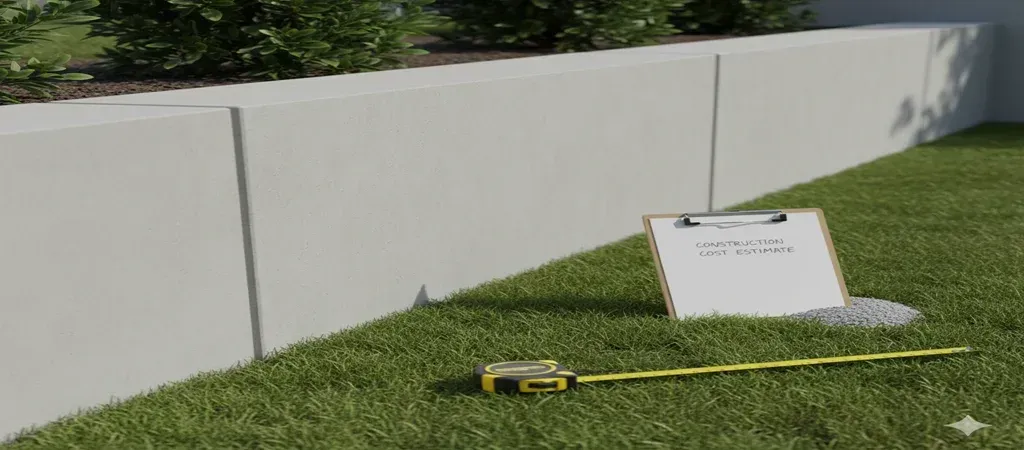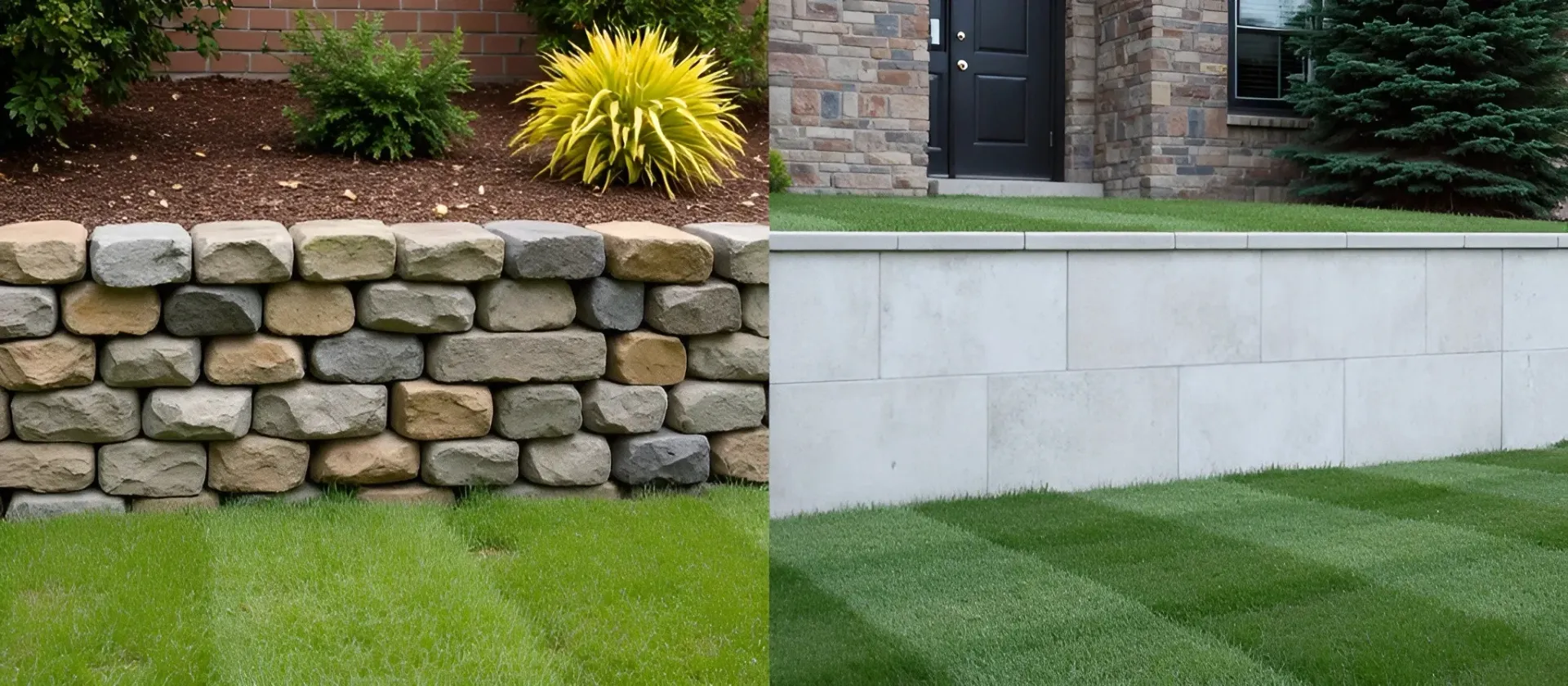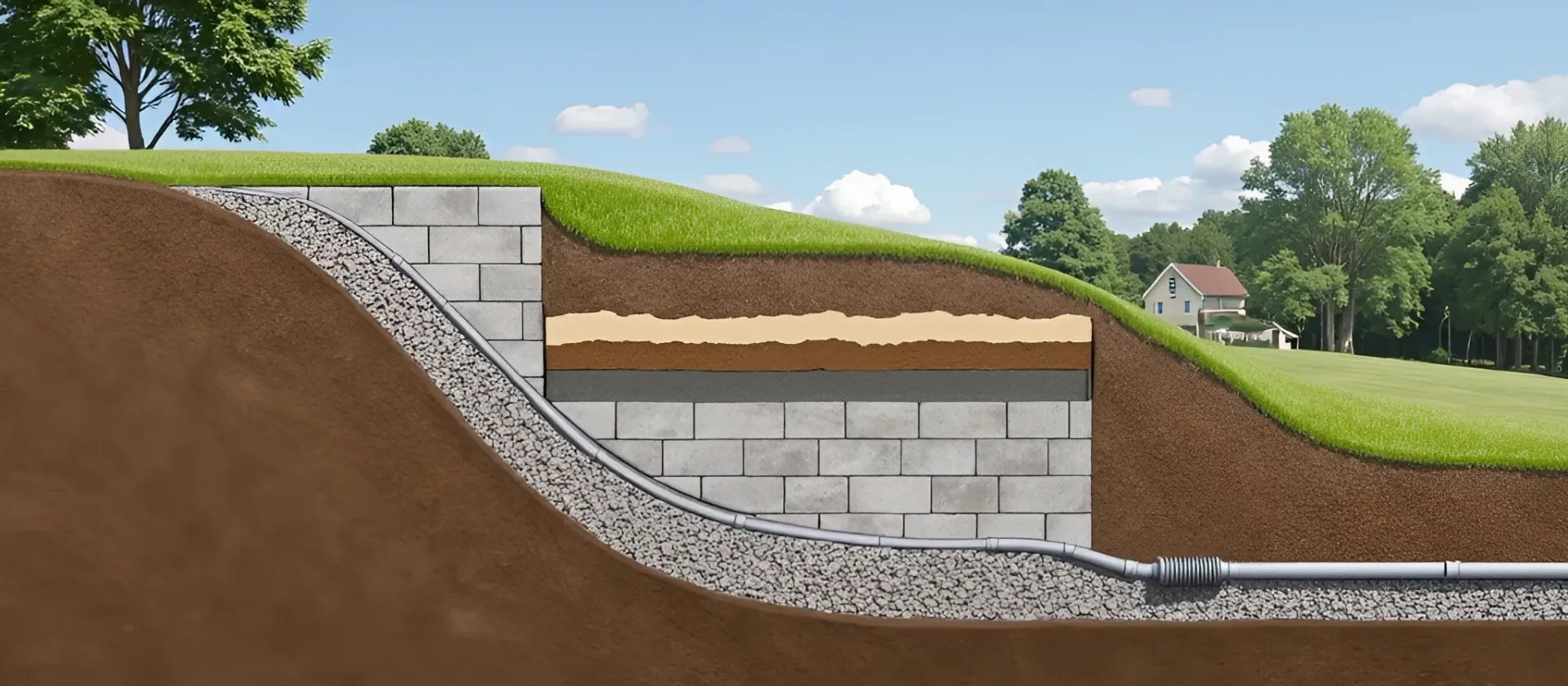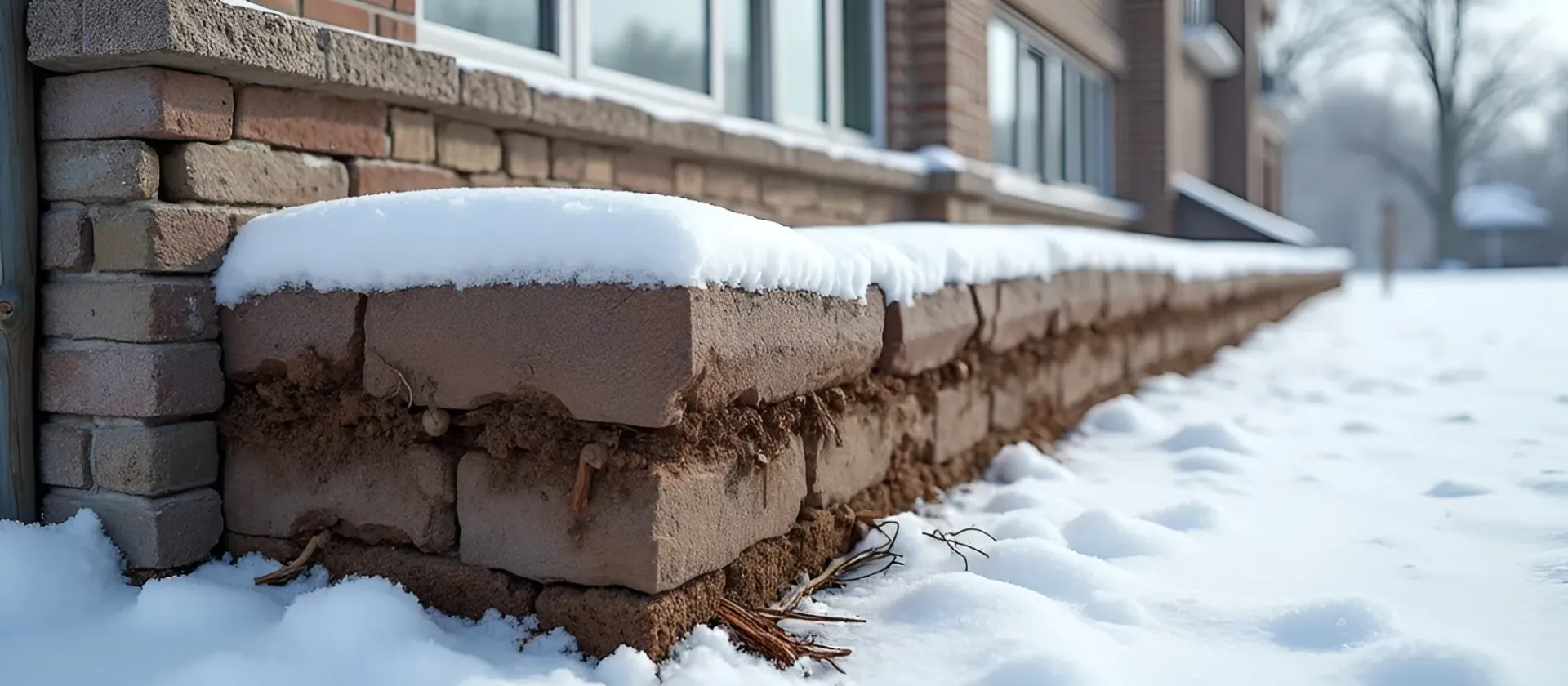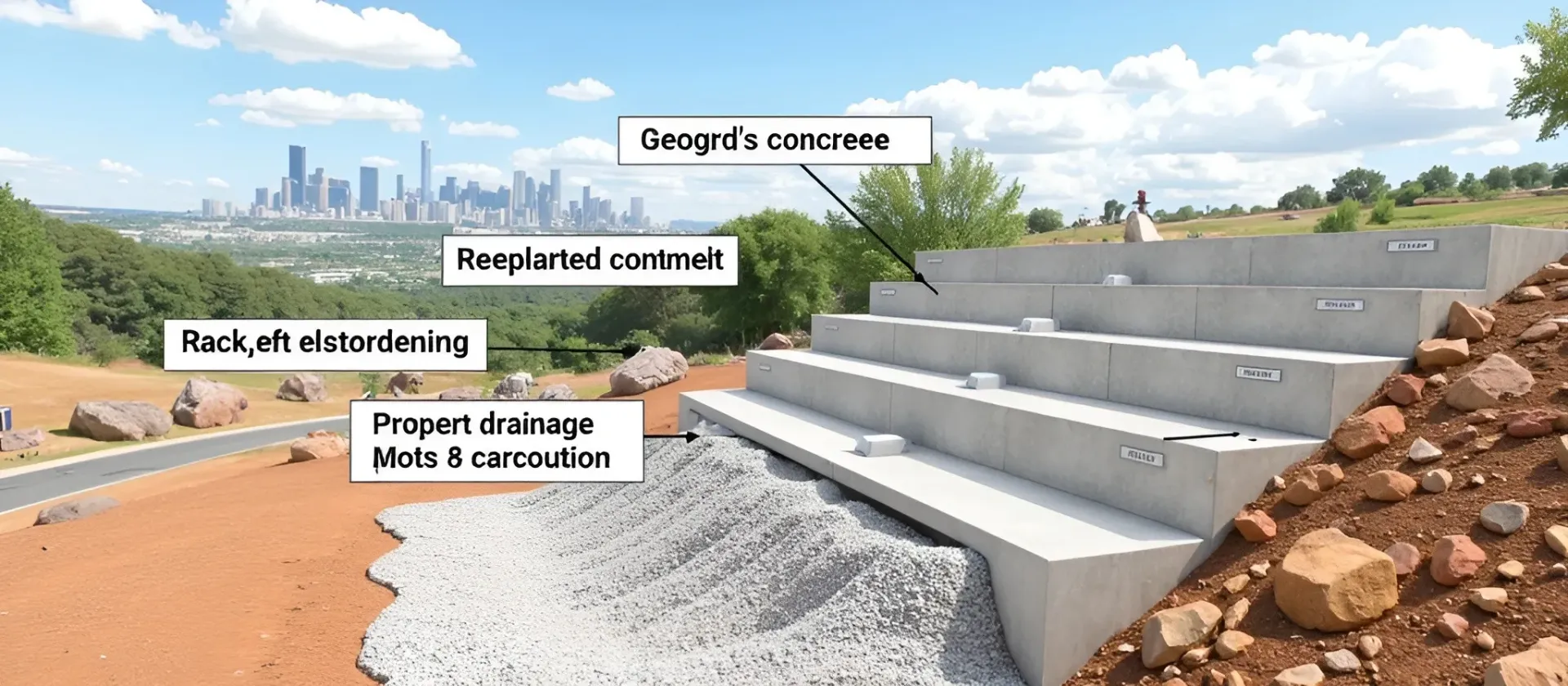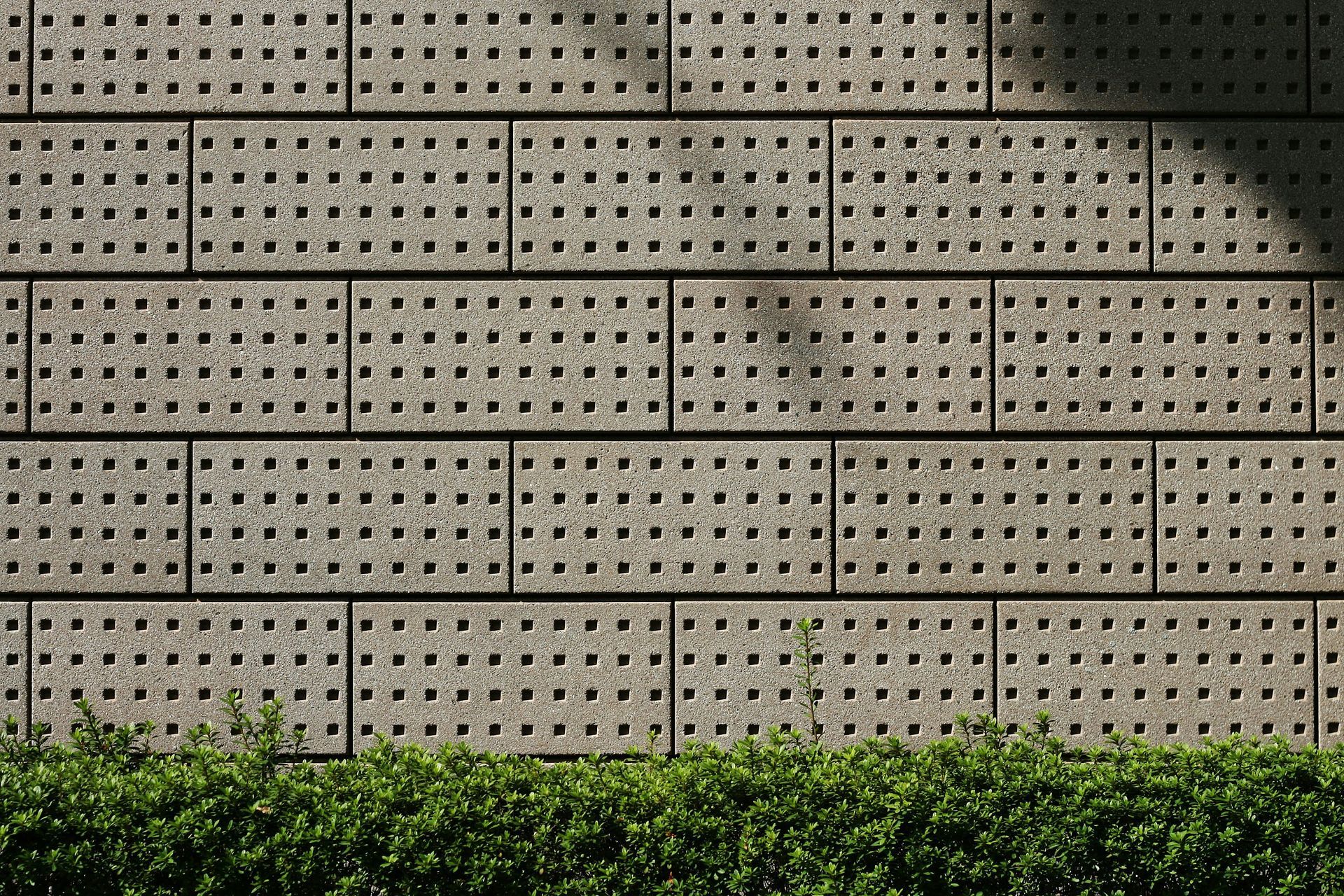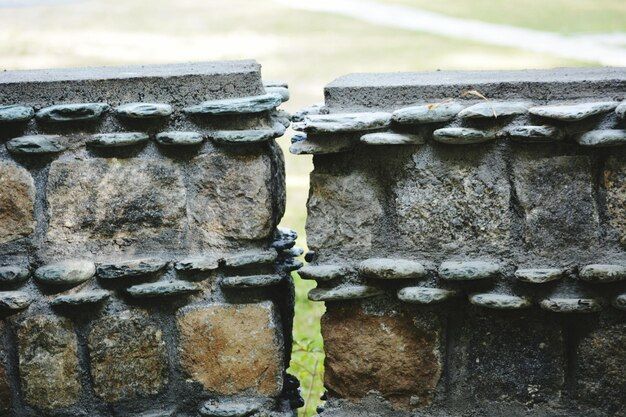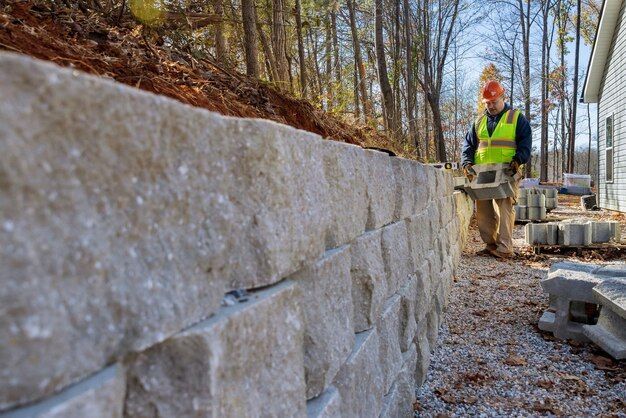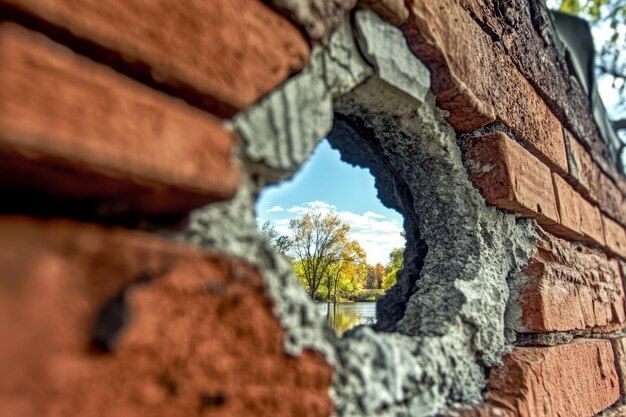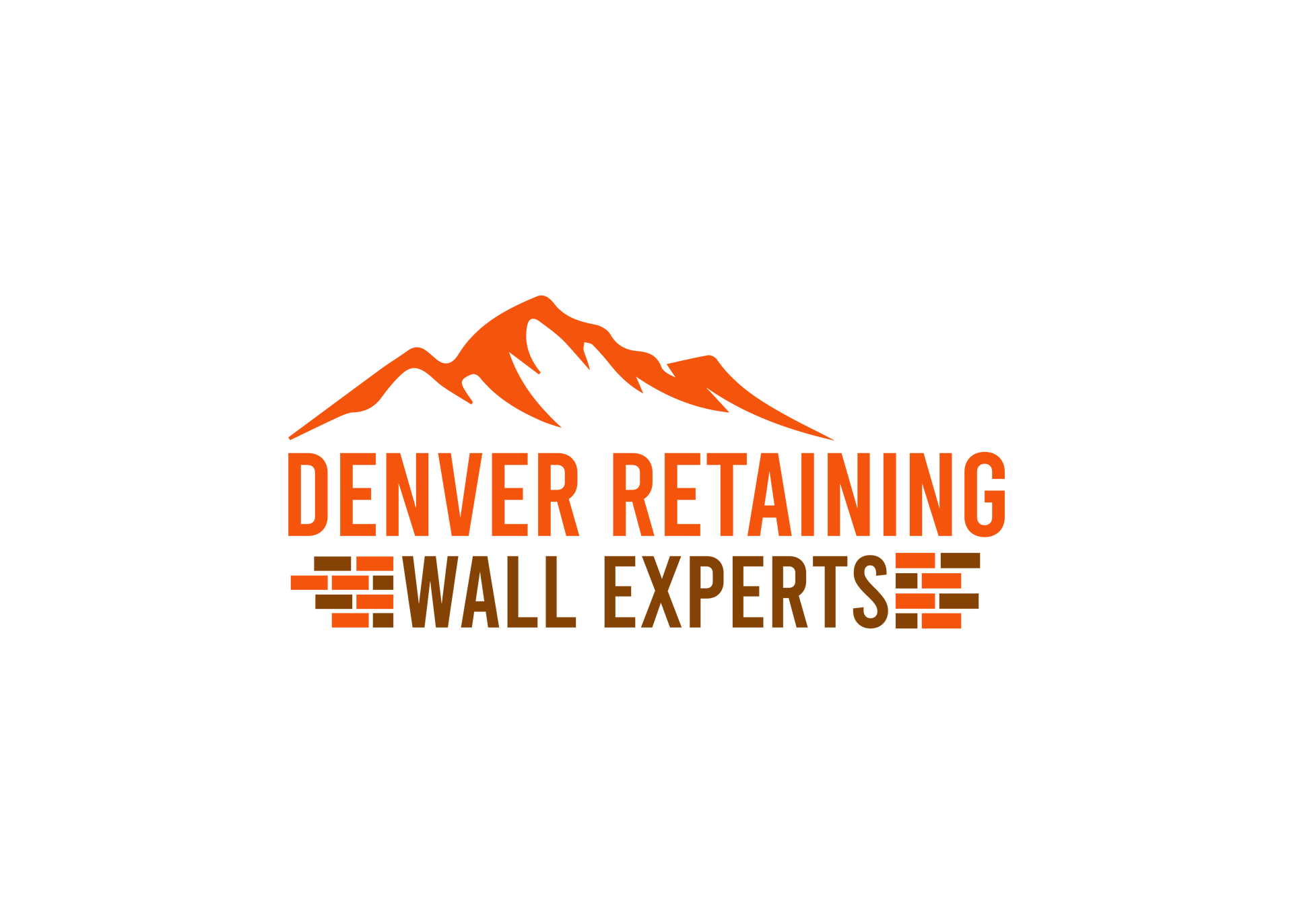The Benefits of Using Interlocking Blocks for a Retaining Wall
When you were young, did you try playing with plastic building blocks that have studs and holes to make them snap together securely? In constructing a retaining wall, there is a type of block with the same concept as how this toy works but has grooves, ridges, or protrusions that fit together to “lock” the blocks in place, resulting in a robust and functional wall structure. Yes, it is already stated in the title, that it is the interlocking blocks. This block type has become one of the most popular choices for constructing a Denver retaining wall among homeowners, landscapers, and builders. A lot of people are getting interested in interlocking blocks and want to learn more about them for their retaining wall project. If you are one of them, here are a few reasons why you should consider using it and how interlock blocks will benefit your upcoming project, brought to you by the experts of Denver Retaining Walls Expert. So, if you want to bring innovation to your Denver retaining wall project, you better check out these tips:
Ease of Installation
Basically, what stands out about interlocking blocks is their ease of installation. As they are designed with a tongue-and-groove system, every block can fit together perfectly, which means you don’t need mortar anymore. Due to this, it became user-friendly and although we discourage people from DIY their walls, interlocking block design allows even DIY enthusiasts to construct a retaining wall without specialized skills and equipment. But note that always take extra precautions if you are planning to DIY your walls.
Also, they come as precasted, which means they are already in standard sizes and shapes that are easy to handle. With this state, it reduces the time and effort needed to construct a wall compared to traditional materials such as poured concrete or natural stone. With interlocking blocks, it is possible to complete the construction of your retaining walls quickly, without breaking a sweat!
Durability and Longevity
Since retaining walls hold pressure from soil and water, they have to be strong. That is where interlocking blocks come into play. Since it can also be made out of cement or concrete, expect a durable result by choosing interlocking blocks. Also, they have built-in flexibility compared to traditional mortar-based walls. Interlocking blocks can adapt to minor ground movements without compromising the wall’s stability.
Aesthetic appeal
You can have interlocking blocks with different colors, textures, and finishes, which is really perfect if you plan to customize the look of your retaining wall. Since it is somewhat like precast concrete and can be bought over what it is, choosing what suits your landscape design could be much easier.
There are lots of interlocking block designs that you might like. We can help you out if you need professional advice that suits your landscape design.
Cost-Effectiveness
Yes, it basically costs more compared to concrete alone but the process itself makes you save. The ease of installation lessens the labor cost and the time you need to wait for the project to be finished. Also, since mortar and extensive work is not needed, this also reduces the total costs.
In terms of longevity, you won’t need repair or replacement since they require minimal upkeep—most of the time but it actually depends on the material. Its modular design makes it easy to replace individual blocks if they become damaged, which is less hassle and expense. So, if you want to skimp a bit or are on a budget, interlocking blocks are still considerable.
Drainage Efficiency
In many projects especially in concrete, improper drainage systems can cause significant problems, which is why drainage efficiency is really important. Interlocking blocks can facilitate effective drainage, often incorporating built-in weep holes or gaps to help water pass through and avoid water buildup which increases pressure.
Additionally, the modular design of interlocking blocks makes it easy to integrate drainage systems like perforated pipes and gravel backfill, into the construction process.
Versatile Option
Since we’ve mentioned how flexible interlocking blocks are, let’s talk about it further. If you are wondering if it is suitable for your landscape, interlocking blocks can be used for a variety of retaining wall applications, whether small garden beds or large-scale infrastructure projects.
It is versatile due to its modular design which makes it suitable for creating straight walls, curves, steps, and even terraced landscapes, making it a good option that is practical and visually appealing.
Final Thoughts
Interlocking blocks are really a game-changer in retaining wall construction. However, if you are new to construction and opting to choose interlocking blocks for your retaining wall project, it is best to consult professionals and ask for assistance to ensure a seamless, successful installation process, and desirable outcome. We at Denver Retaining Wall Experts are well-versed in utilizing interlocking blocks in constructing retaining walls. So, if you need help, no need to look further, as we are here to serve you. Message us now for more details and to learn how we can help.
